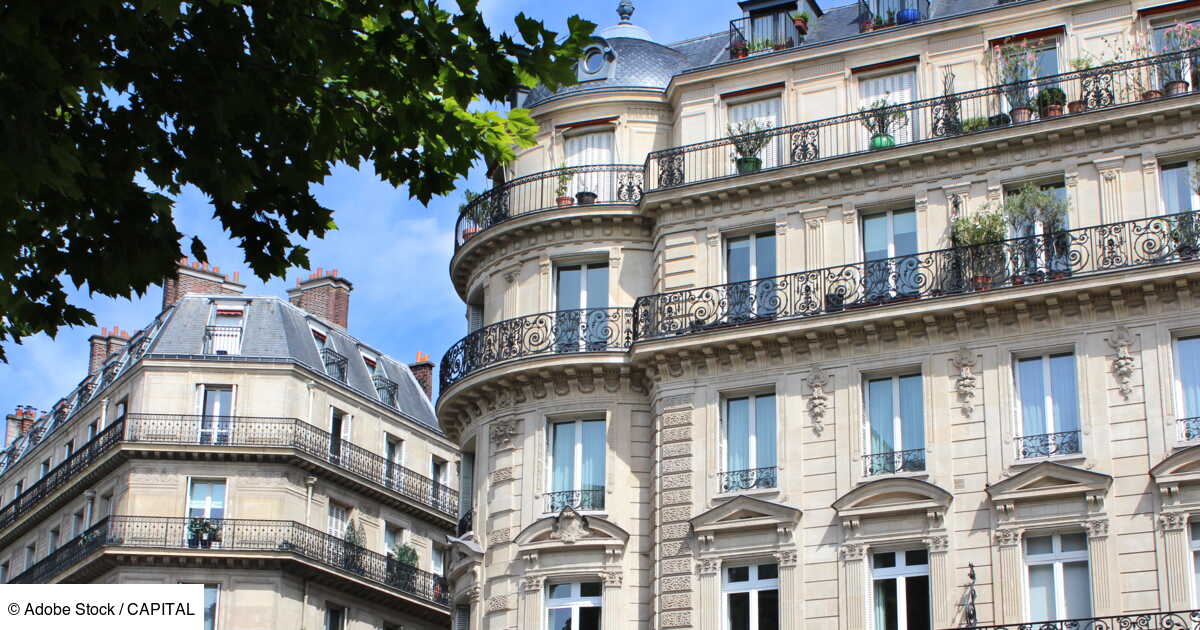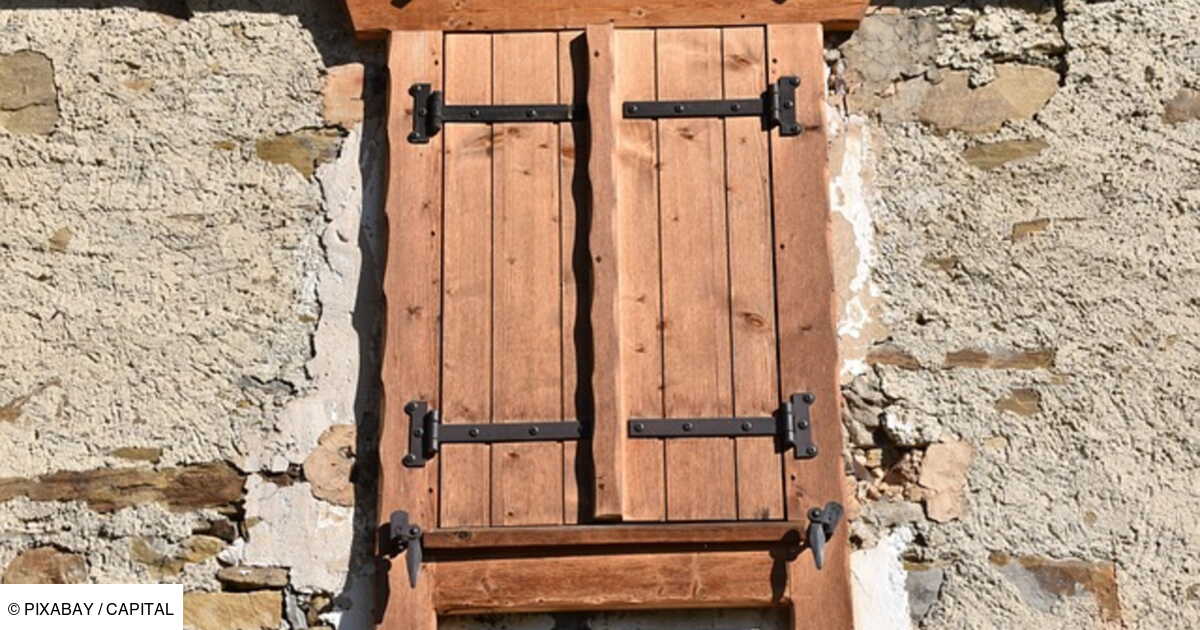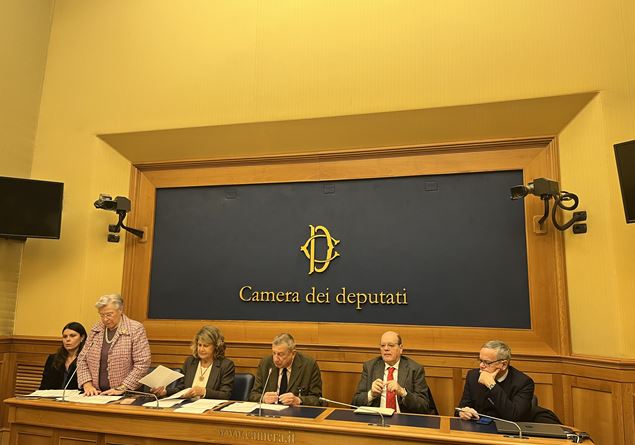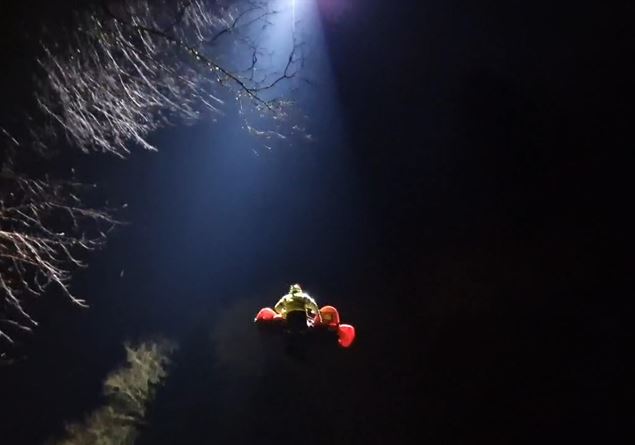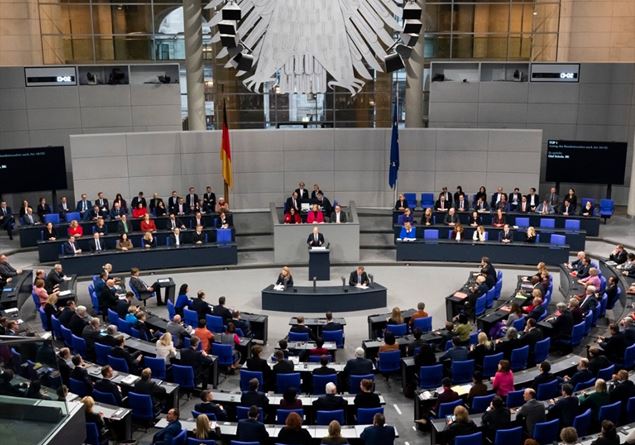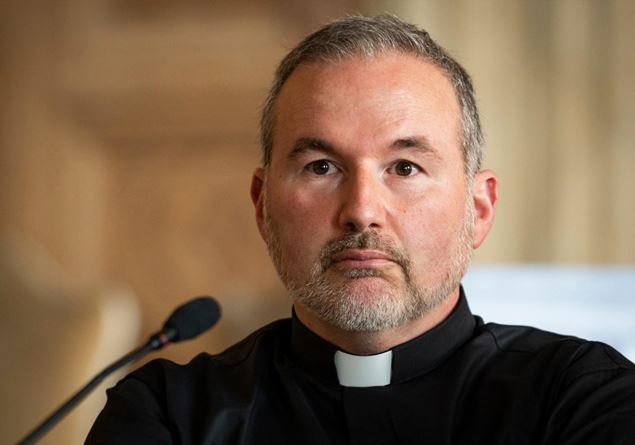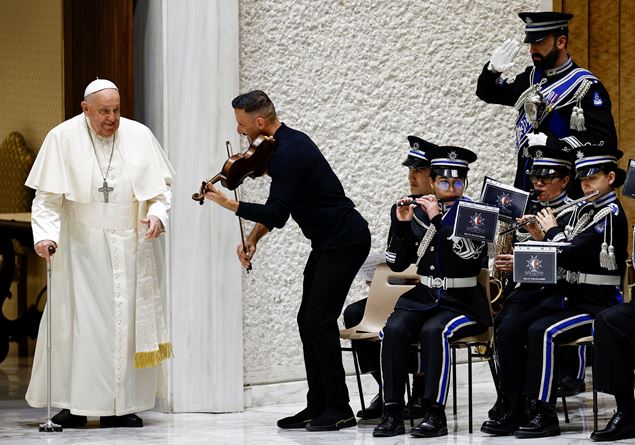
He will talk about it throughout the Jubilee. Pope Francis has decided to dedicate all the catecheses of the Holy Year to the theme “Jesus Christ our hope”, because “He is the destination of our pilgrimage, and He himself is the way, the path to travel”.
It begins with childhood and genealogy. The latter, in the Gospel of Matthew, opens “the entire New Testament canon”. A list of names that show how “the genealogy of the Lord is made up of true history, where there are some problematic names to say the least and the sin of King David is underlined”. Three things are passed down from one generation to the next: «a name that encompasses a unique identity and mission; belonging to a family and a people; and finally the adherence of faith to the God of Israel.” Genealogy, explains the Pontiff, conveys the message that «no one gives life to himself, but receives it as a gift from others; in this case, we are talking about the chosen people and whoever inherits the deposit of faith from the fathers, in transmitting life to their children, also gives them faith in God”.
In the genealogy of Jesus, unlike the others cited in the Old Testament, the we of women also appear for the first time. «We find five of them: Tamar, Judah’s daughter-in-law who, once widowed, pretends to be a prostitute to ensure descendants for her husband; Rachab, the prostitute of Jericho who allows Jewish explorers to enter the promised land and conquer it; Ruth, the Moabite who, in the book of the same name, remains faithful to her mother-in-law, takes care of her and will become King David’s great-grandmother; Bathsheba, with whom David commits adultery and, after having her husband killed, fathers Solomon; and finally Mary of Nazareth, wife of Joseph, of the house of David: from her the Messiah, Jesus, was born.”
The first four, the Pope underlines, are not united by the fact of being sinners, “as is sometimes said, but of being foreigners, they are foreign women compared to the people of Israel”. And this is to make it clear that in the genealogy of Jesus there is the world of the nations. Not only that, while the first four women «are mentioned alongside the man who was born from them or the one who generated him, Mary, on the other hand, acquires particular prominence: she marks a new beginning, she herself is a new beginning, because in his story is no longer the human creature protagonist of the generation, but God himself”. Francesco also underlines the verb “is born”, while for the others the verb generate is used. «Jacob begot Joseph, the husband of Mary, from whom Jesus, called Christ, was born». Jesus, explains the Pontiff, «is the son of David, grafted by Joseph into that dynasty and destined to be the Messiah of Israel, but he is also the son of Abraham and of foreign women, destined therefore to be the “Light of the Gentiles”» .
And the Son of God enters the world like all «the sons of man, so much so that in Nazareth he will be called “son of Joseph” or “son of the carpenter”. True God and true man.”
Finally, before greetings in different languages, Francis asks us to reawaken «in us the grateful memory of our ancestors. And above all we give thanks to God, who, through Mother Church, has generated us to eternal life, the life of Jesus, our hope.”
At the end of the catechesis Francis recalls his recent trip to Corsica and underlines, as he had already done during the visit, the joy of having seen so many children. Then he praises the Poles and their Christmas tradition, the oplatek, the bread that is brought and distributed in every neighborhood. “You will break the oplatek – the Christmas bread,” he says. «May this gesture of charity, peace and forgiveness be an expression of a heart open to those you meet on your path. Continue to remember above all the poor, the lonely, the victims of the floods and the sisters and brothers of Ukraine.” The last thought is always for peace. With the invitation to «let’s not forget the people who suffer from the war, Palestine, Israel, all those who are suffering, Ukraine, Myanmar. Let us not forget”, says Francis, “to pray for peace, for wars to end. We ask the prince of peace, the Lord, to give us this grace: peace, peace in the world. Let’s not forget, war is always a defeat, always. War is always a defeat.”
